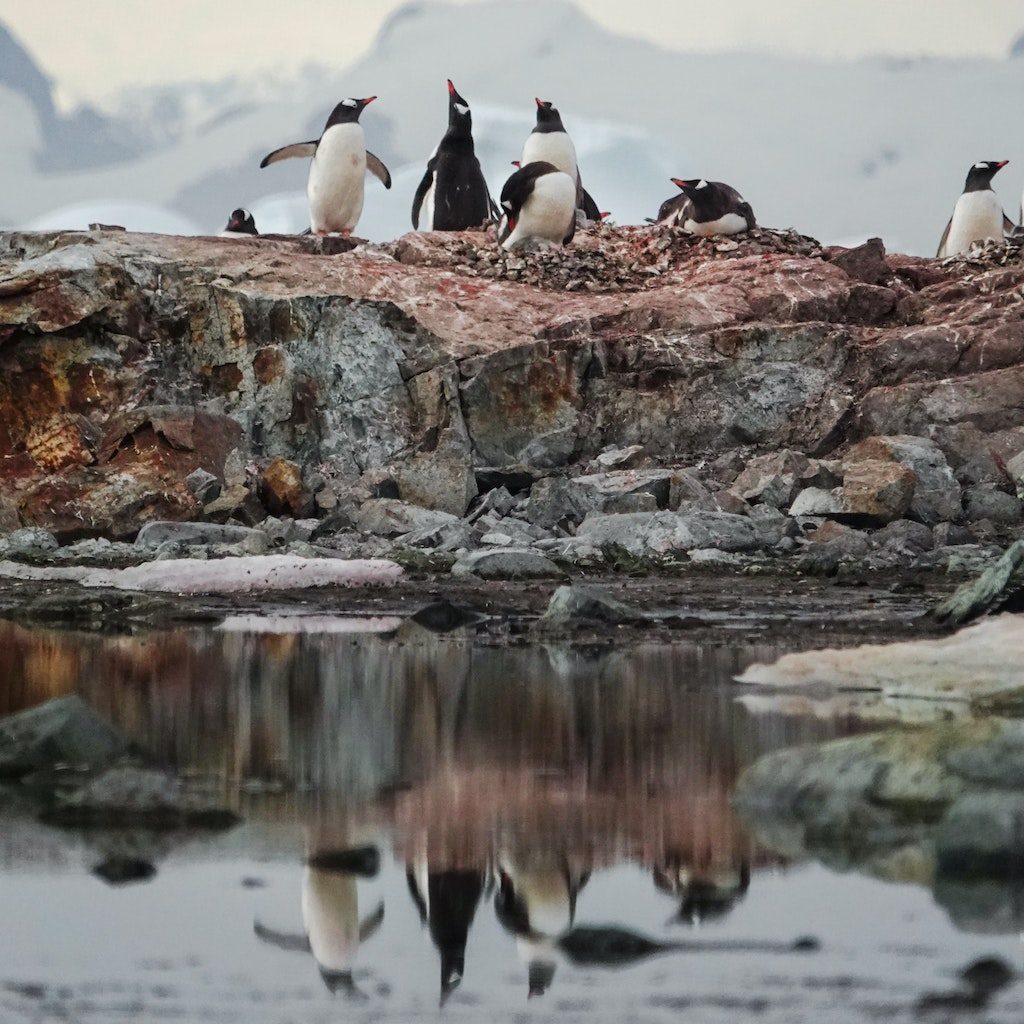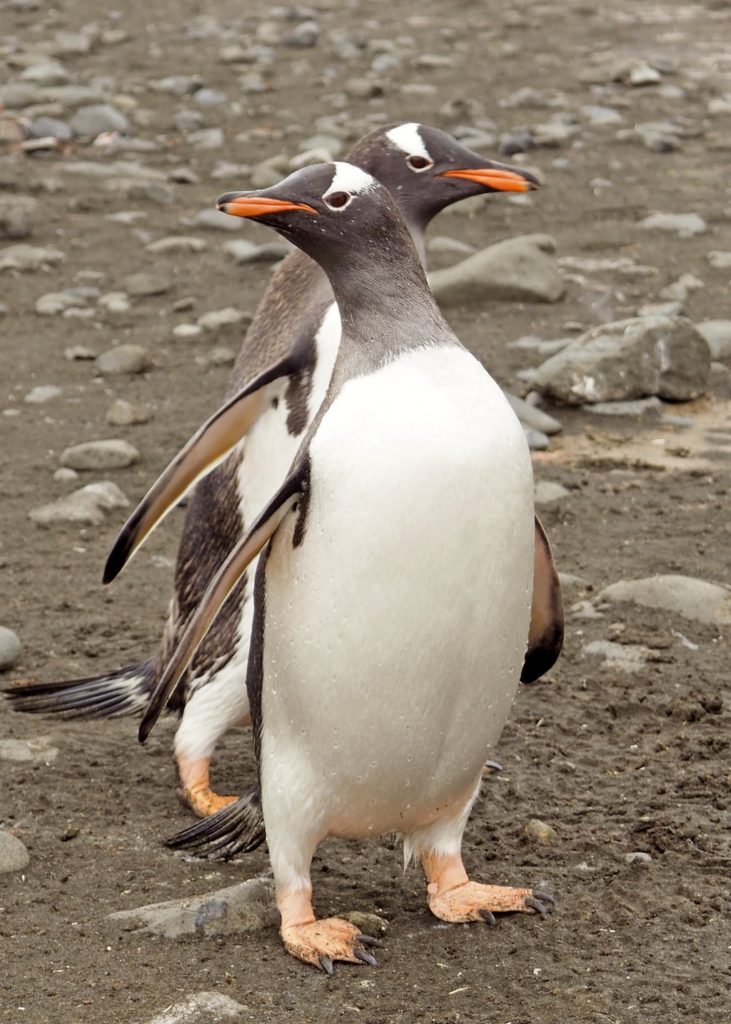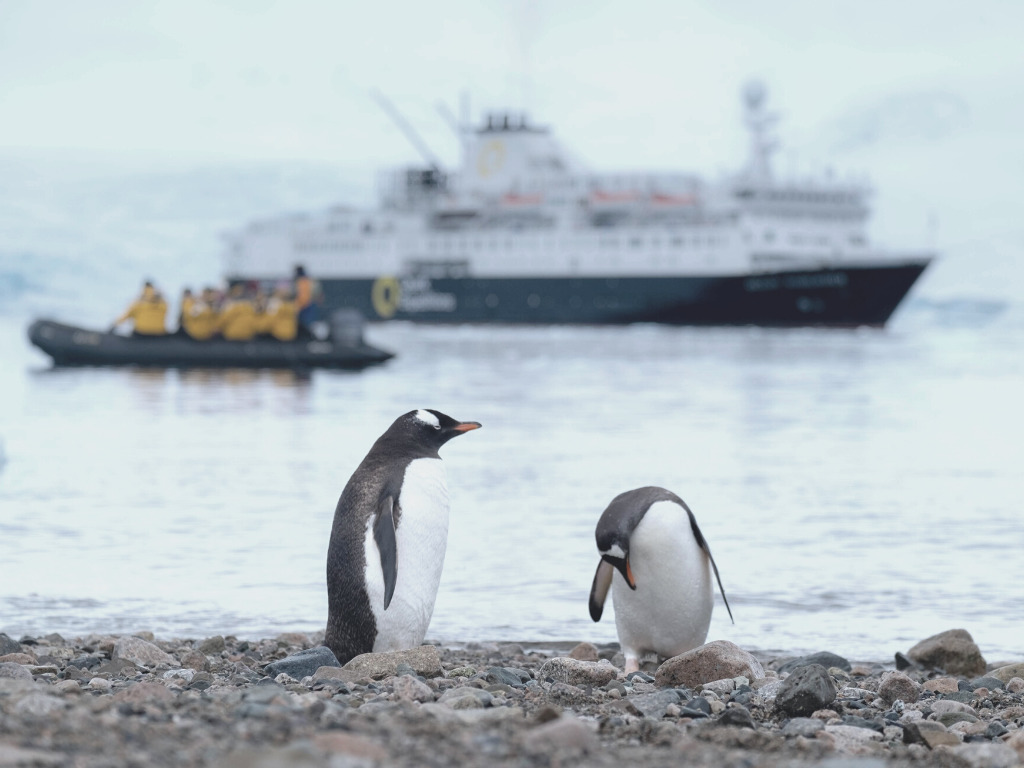Thanks, Climate Change? New Penguin Colonies Discovered As Birds Move South Due to Rising Temperatures
3 Mins Read
A scientific discovery reveals new penguin colonies across Antarctica as rising temperatures due to climate change force the birds south to raise their offspring.
Researchers in the Antarctic say they have discovered new gentoo penguin colonies including the first-ever sightings of the species in a previously unexplored archipelago on the continent’s northern tip. They also discovered a colony at Andersson Island on the eastern side of the peninsula. Scientists say they discovered 75 chicks on Andersson Island.
Penguins are indicator species, and according to the scientists, the discovery could spell trouble for the Antarctic ecosystem as a whole as climate change continues to bring record high temperatures to the region.
Warming temperatures
The findings mark some of the southmost locations recorded for gentoos. The researchers say it had historically been too icy for the temperate birds to raise their chicks.
“Mapping out these remote archipelagos will give us a better understanding of how the region’s penguins are responding to rapid climate change,” Heather Lynch, the expedition lead and professor of ecology and evolution at New York’s Stony Brook University, said in a statement.

She says some of the region was surveyed by foot where satellite images had shown the previously unseen birds.The researchers were part of a Greenpeace expedition to the region.
“As expected, we’re finding gentoo penguins nearly everywhere we look—more evidence that climate change is drastically changing the mix of species here on the Antarctic Peninsula,” Lynch said.
The discovery comes as Antarctica recorded record high temperatures in recent years. In February 2020, the region recorded a high of 18.3°C (nearly 70°F).
The Antarctic is particularly sensitive to climate change; in the last 50 years, it has seen temperatures increase by nearly 3 degrees Celsius.
“This new temperature record is therefore consistent with the climate change we are observing,” Petteri Taalas, secretary-general of the World Meteorological Organization, said at the time.
Gentoo penguins
The discovery also comes as researchers conduct the first-ever colony counts for the gentoo penguins. The birds are the third-largest penguin species and the fastest underwater. The birds are marked by a white stripe on the head, a reddish bill, and a long tail.

“In the Antarctic, one of the most remote places on Earth, we are seeing a ‘gentoofication’ process where this species of penguin is spreading into new habitat and breeding further south: a biological manifestation of sea ice loss,” Louisa Casson, from Greenpeace’s Protect the Oceans campaign, said in a statement. She described it as “the climate crisis happening right in front of our eyes”.
The findings were released on January 20th, World Penguin Day. Casson is urging governments to agree to a new Global Ocean Treaty that would protect at least 30 percent of the world’s oceans by 2030.
“Penguins and people across the world can’t wait,” she said, “we need politicians to get ocean protection done now.”
Photo by Derek Oyen on Unsplash




